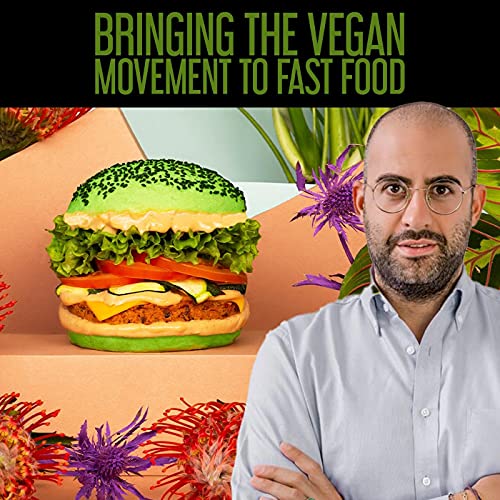Plant-based meat substitutes used to be confined to the aisles of health food stores and stands in farmers markets. However, with the explosion in discussions around the environmental and health consequences of eating meat, plant-based foods are growing in popularity on an international level.
In this episode, Michelle Adelman, the founder and chief executive officer of Infinite Foods, gives a deep dive into building a new plant-based food system. Infinite Foods is a plant-based, go-to market platform that helps innovative food brands worldwide expand their international revenue and introduce their products into new and emerging markets.
“Across Sub-Saharan Africa, food security is a major challenge—and that was the birth of Infinite Foods,” says Adelman. “We are really looking at building a broad ecosystem, working at the forefront of pioneering the plant-based food movement in Africa.”
Part of Infinite Foods’ mission is to help Africa develop a healthy, plant-forward food system by transforming agriculture, making jobs, and cultivating and supporting environmentally sustainable communities. Over 800 outlets in South Africa, Mauritius, and Botswana currently offer Infinite Foods brands.
“We have an opportunity to course-correct the direction of which the food system is going,” notes Adelman. “50 to 60 percent of people across the continent are smallholder farmers. Protein consumption is relatively low compared to the rest of the world, but it’s growing—and it’s growing fast.”
Adelman emphasizes that Africa is not a single, monolithic entity. “Sub-Saharan Africa itself is made up of 54 different countries—and each of those countries have its own laws, currencies, language, culture, traditions, and distribution networks,” adds Adelman. “It becomes very complex when you’re trying to roll out a brand across 54 different countries.”
Check out the podcast to learn more about Infinite Foods’ agricultural work and sustainability efforts in Africa, and what the company offers plant-based brands!
Show More
Show Less
 43 mins
43 mins 27 mins
27 mins 16 mins
16 mins 31 mins
31 mins 26 mins
26 mins 17 mins
17 mins 25 mins
25 mins 25 mins
25 mins